Matt McManus engages the ambition and omissions in Kevin Vallier’s All the Kingdoms of the World: On Radical Religious Alternative to Liberalism.
The Bias provides regular digital content that establishes the voice and perspectives of the Christian Left.
Matt McManus engages the ambition and omissions in Kevin Vallier’s All the Kingdoms of the World: On Radical Religious Alternative to Liberalism.
Kendall Gunter reviews Lee Edelman's Bad Education, asking if queer theology provides a better response for how to love the world.
Colton Bernasol interviews author and philosopher Matt McManus on the nature, origins, and proponents of right-wing political thinking.
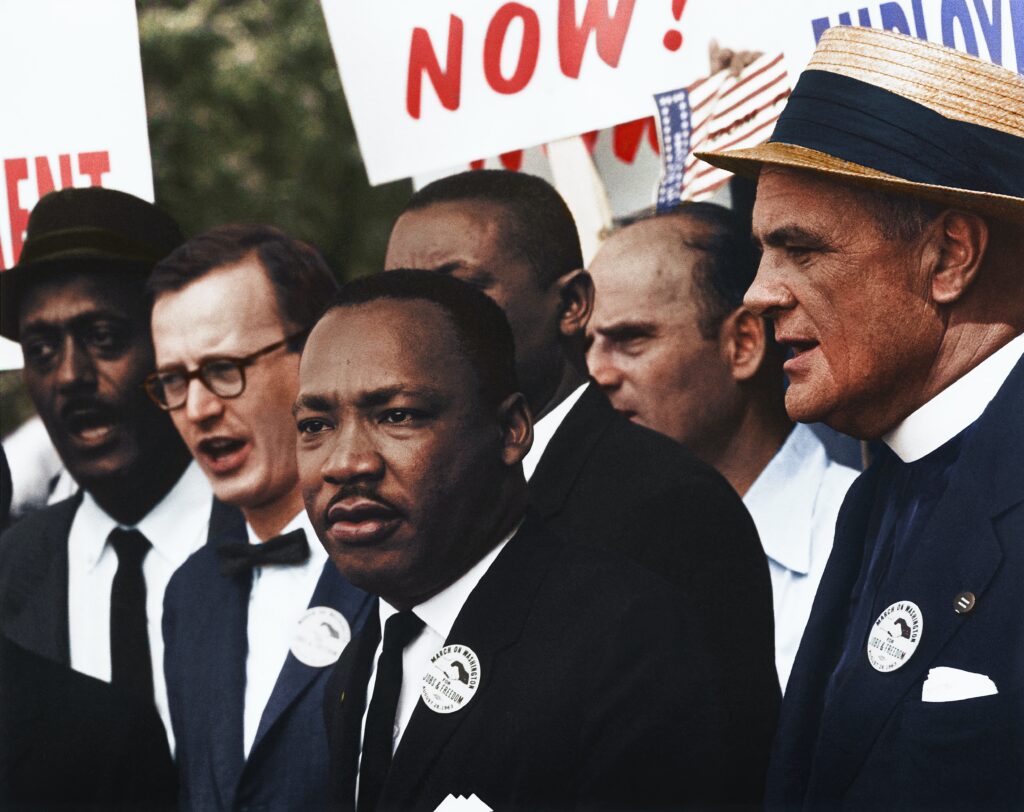
Gary Dorrien unpacks the formation of Martin Luther King Jr.’s full-orbed Christian socialism and the role it played in his activism and the Black freedom

Klaus Yoder profiles Law and Order Catholicism and points towards a non-dualistic vision of faith and safety.
Working to dismantle homophobia and transphobia and build Christian communities fully committed to queer political movements.
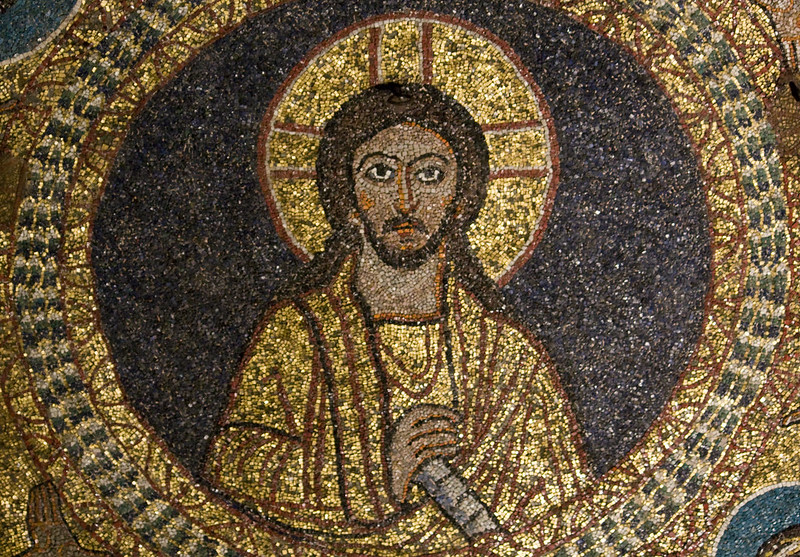
Kendall Gunter reviews Lee Edelman’s Bad Education, asking if queer theology provides a better response for how to love the world.
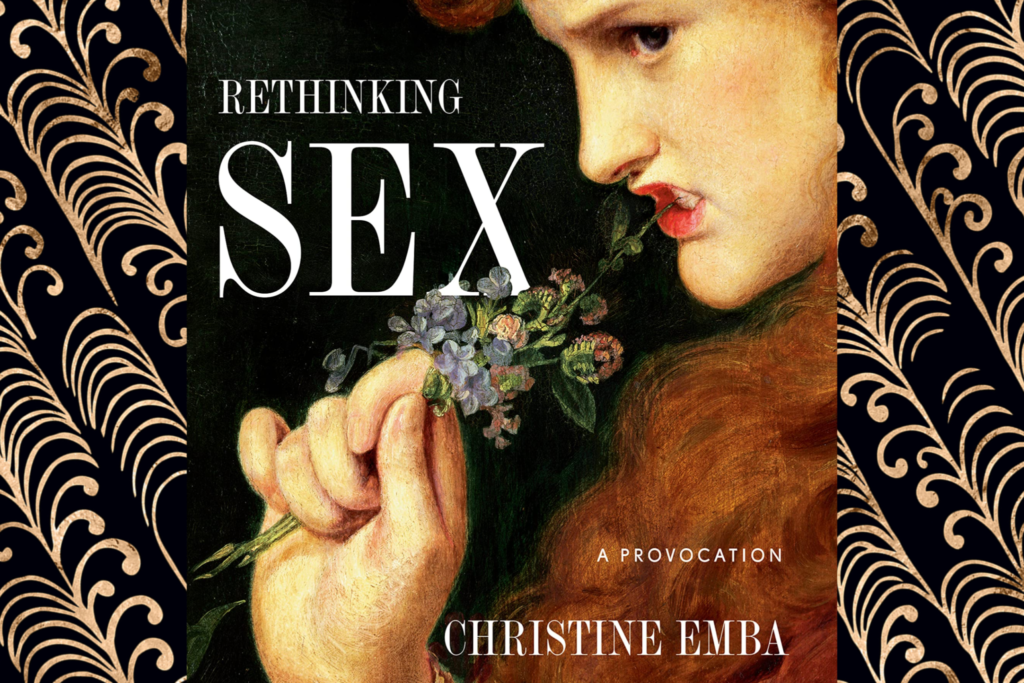
Christine Emba’s recent book attempts to diagnose the malaise of contemporary sex culture. But her persistent avoidance of queer experience and theory, as well as an insufficient analysis of capitalism, thwarts her attempt at a new sexual ethic beyond consent.
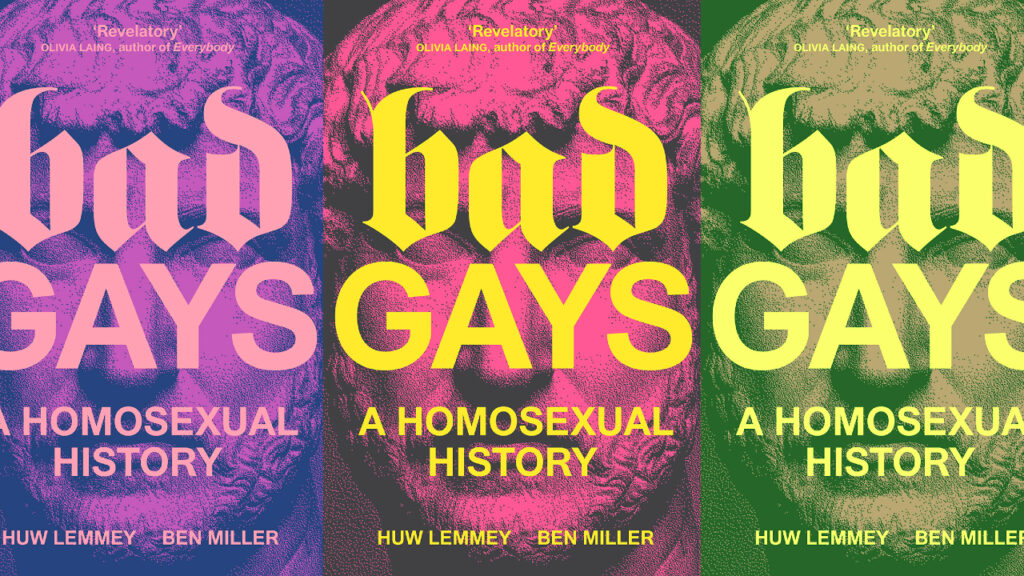
A new book from the creators of the Bad Gays podcast explores the morally problematic lives of queer people from ancient to modern times. What unites these figures isn’t their “transgressiveness” but their persistent refusal of solidarity.

Klaus Yoder profiles Law and Order Catholicism and points towards a non-dualistic vision of faith and safety.

Christopher Cruz recounts the history of the Young Lords and how their activism calls Christians to use our political power for the many.
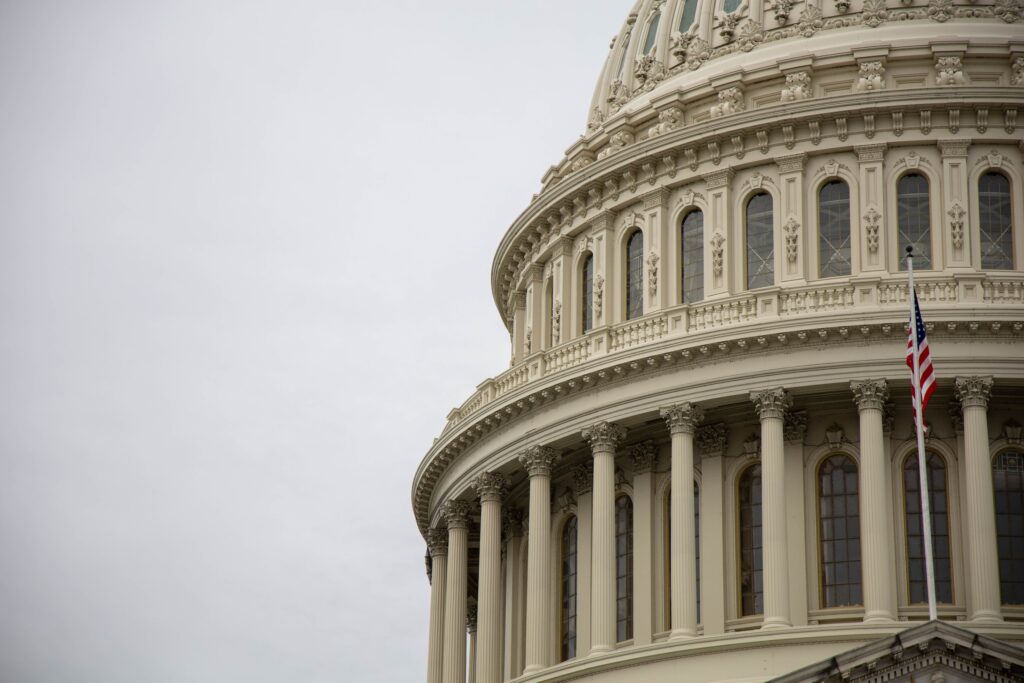
Matt McManus reviews Patrick Deneen’s Regime Change and critiques the autocratic and aristocratic postliberal future it offers.

Christine Emba’s recent book attempts to diagnose the malaise of contemporary sex culture. But her persistent avoidance of queer experience and theory, as well as an insufficient analysis of capitalism, thwarts her attempt at a new sexual ethic beyond consent.
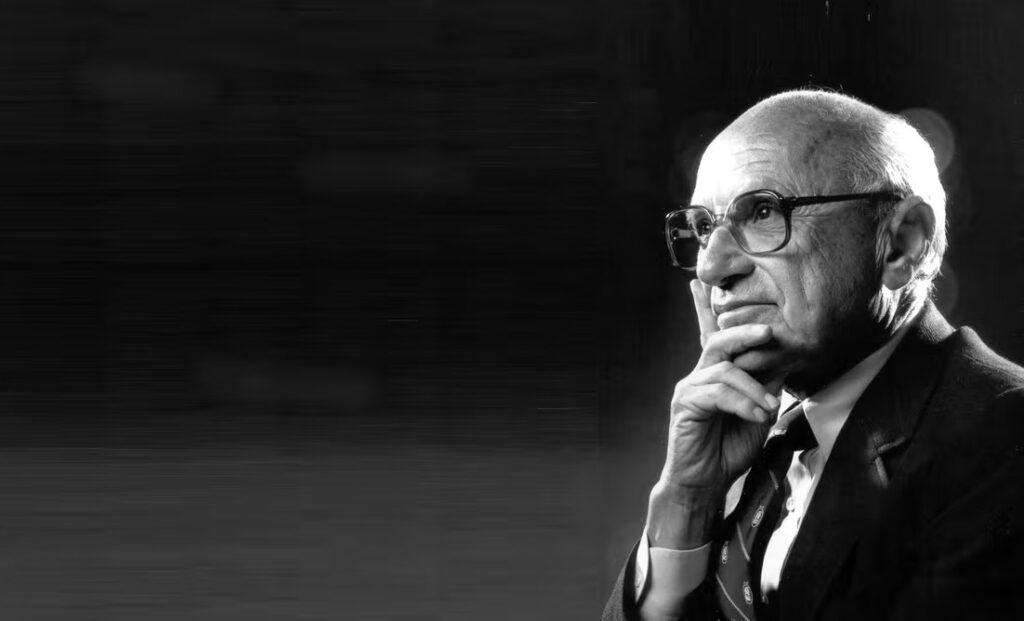
Milton Friedman’s ideas continue to exercise a profound influence on our political and economic imagination. On the sixtieth anniversary of Capitalism and Freedom, Adam Kotsko explores the uncanny relationship between Friedman’s neoliberalism and Christian theology.
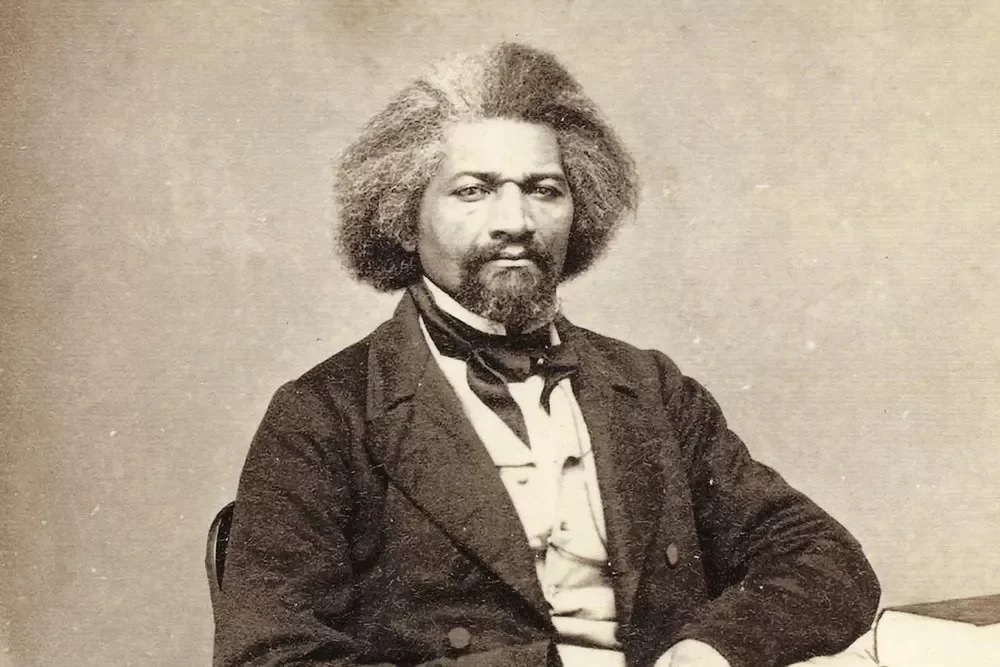
Frederick Douglass’ famous Independence Day address took a rhetorical scalpel to the lofty self-image and founding texts of America. With political and religious fervor, he drove home the contradiction between republican values and chattel slavery.
Through analysis and critique of right-wing Christians, identifying how to equip and empower anti-fascist and liberatory forms of faith.
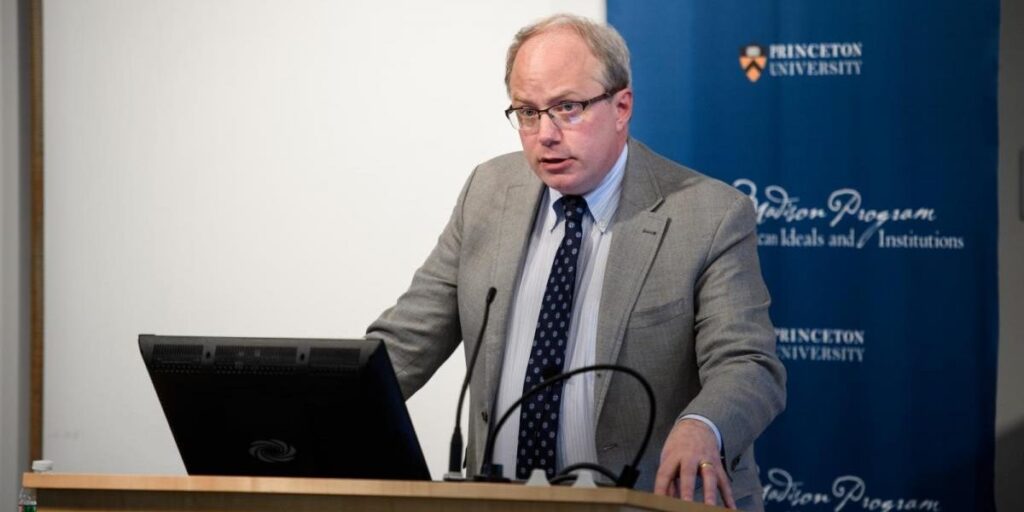
Adrian Vermeule’s new book was not written to persuade hostile readers, but to provide ammunition for his allies. It gives us a peek under the hood of postliberalism—and the contents are both shoddy and dangerous.
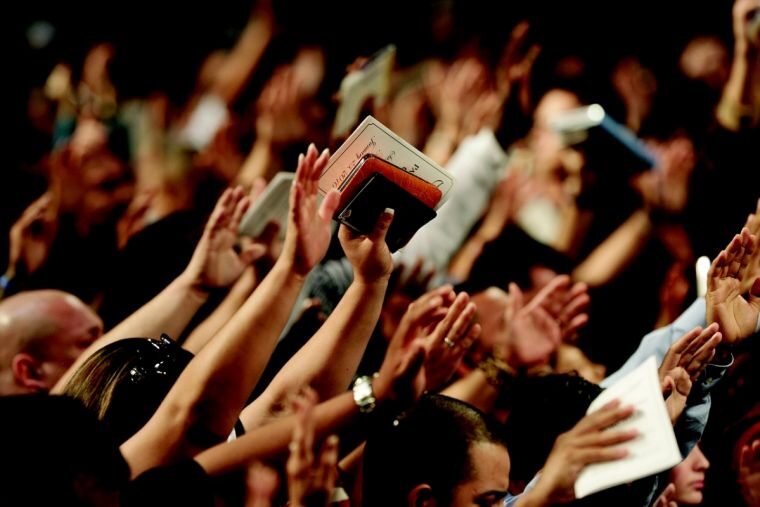
Right-wing evangelicals have played a huge role in the perpetuation of the vast chasm between the rich and poor, conflating Christianity with selfish libertarianism and cult-like support for the Republican Party.
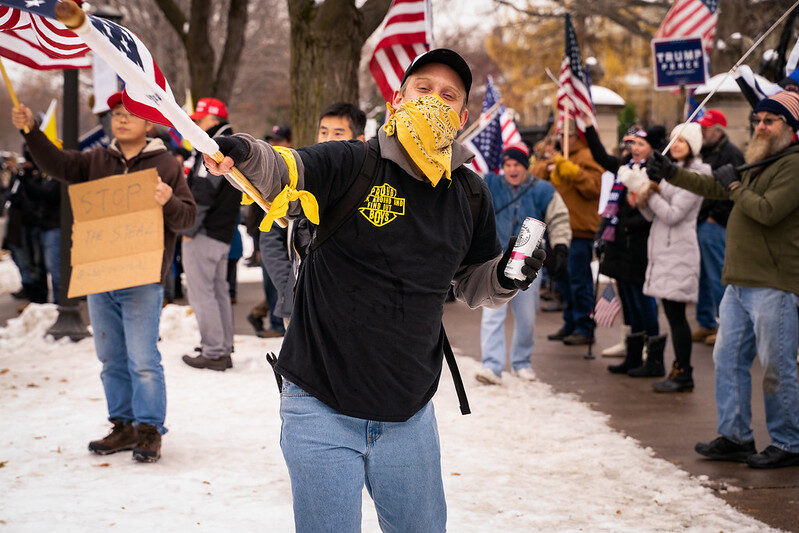
GiveSendGo isn’t just another far right Kickstarter clone. It’s an expression of long-established Christian financial frameworks.

In this exhausted political moment, a reactionary antipolitics is ascendent — one that looks to “traditional” aesthetic and religious pursuits as an antidote to the spiritual dead-end of conventional “woke” liberalism and free-market conservatism.
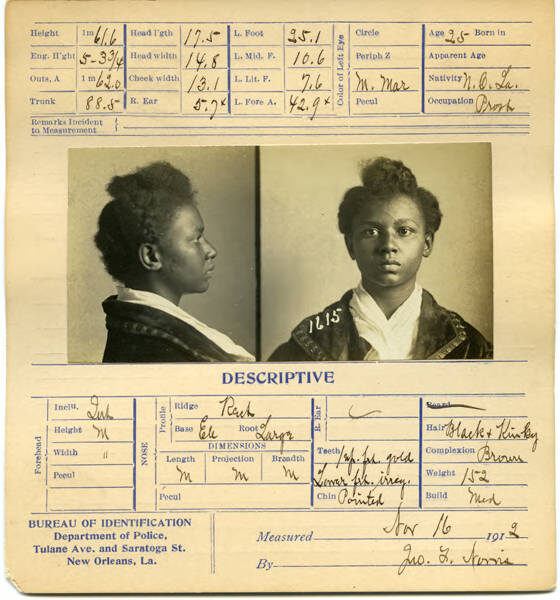
From gendered exclusions to the explicitly carceral capitalism of sharecropping, the predator class squeezed profit from precarity. It is one lesson they have not forgotten despite their erasure of slavery and its afterlives from public memory.

A new book from the creators of the Bad Gays podcast explores the morally problematic lives of queer people from ancient to modern times. What unites these figures isn’t their “transgressiveness” but their persistent refusal of solidarity.
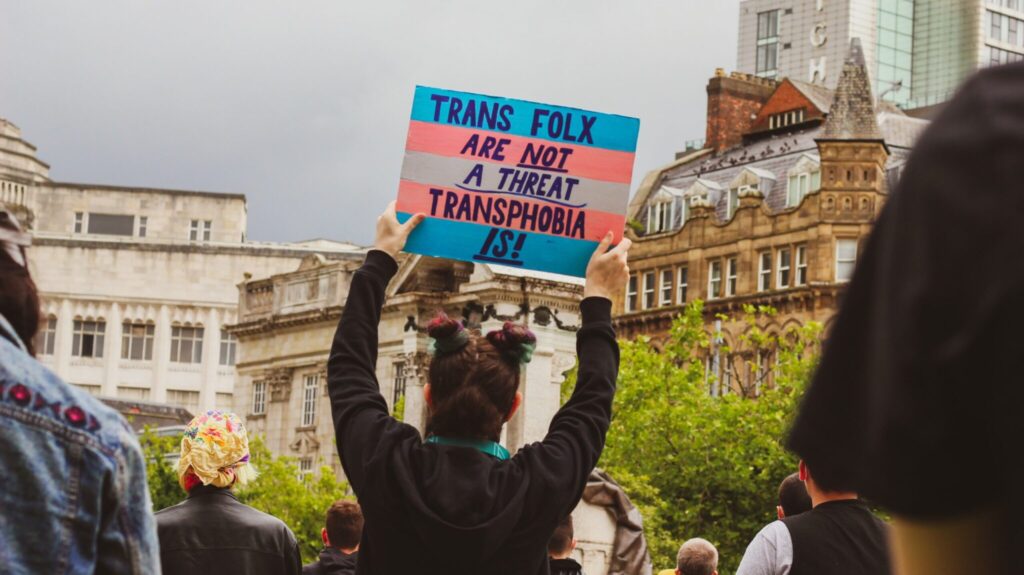
Conservatives are uniting behind a neofascist project and trans people are a prime target for violence. The Church can’t settle for anything less than costly solidarity with trans lives, claiming political conflict as a necessary consequence of Christian love.
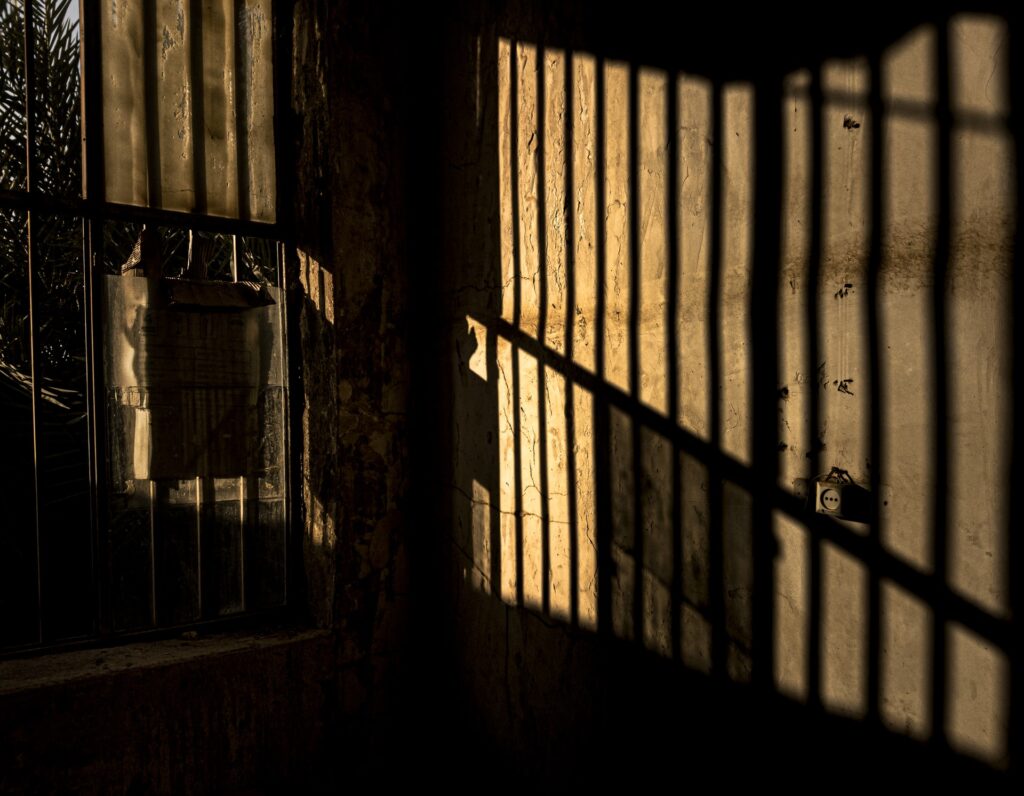
One day while discussing the campaign with another student organizer, I made a comment referencing the urgent need to end private prisons. “Yes,” she said, “but we also want to end all prisons.”
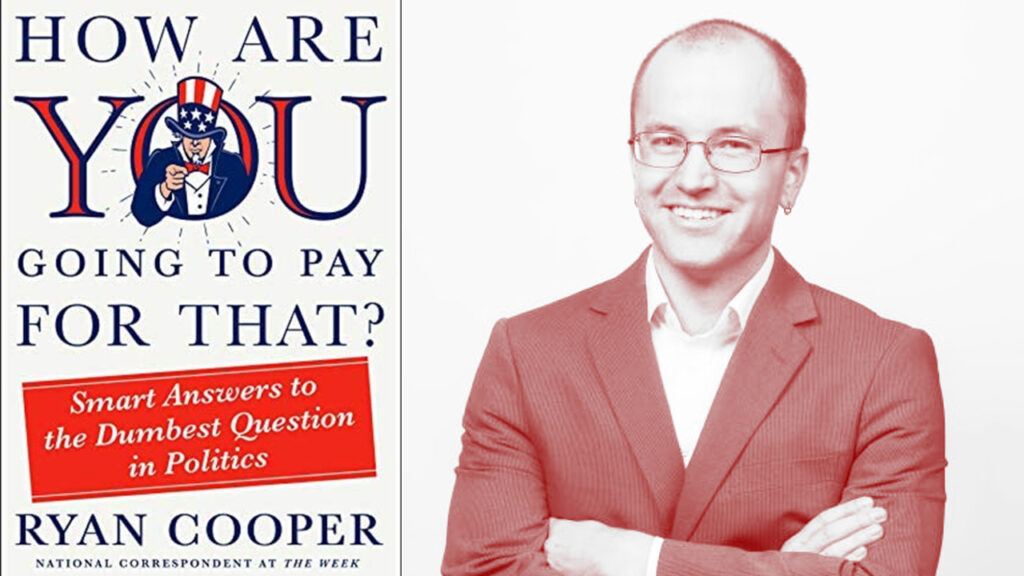
Ryan Cooper’s book is a surprisingly effective way to expose a conservative know-it-all or a liberal naïf to a sensible, progressive worldview—and it’s enjoyable to boot. Spending hawks beware, social democracy in America is possible.